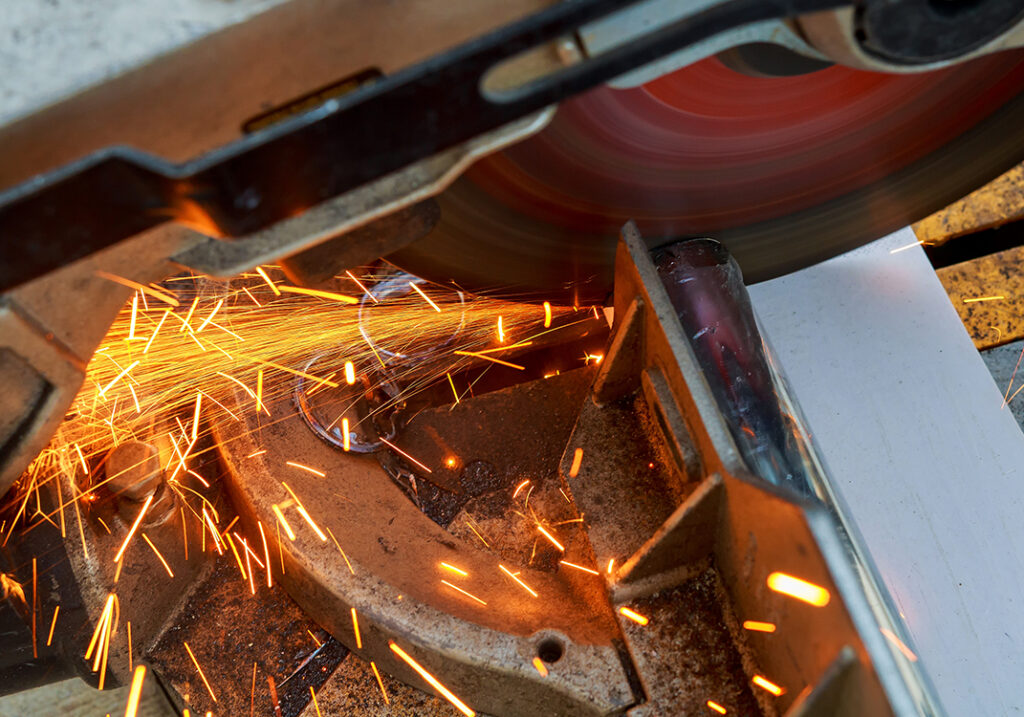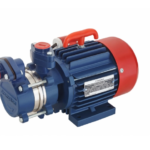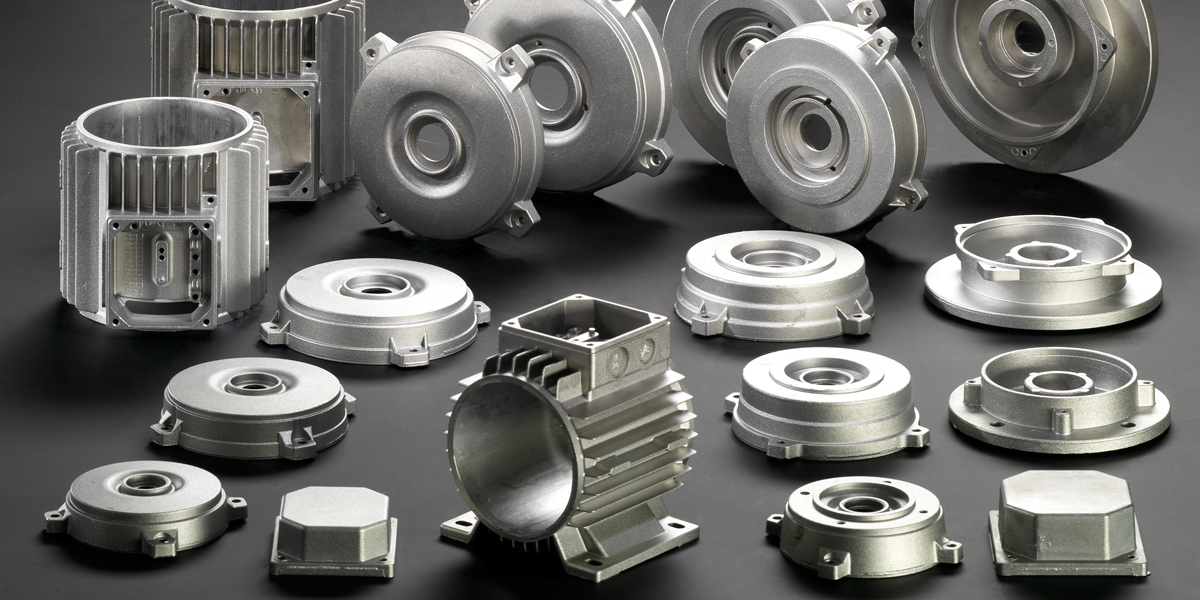Die casting in Malaysia has emerged as a vital process in the nation’s industrial ecosystem, supporting various sectors with high-quality, precision-engineered components. The method involves injecting molten metal, such as aluminum, zinc, or magnesium, into steel molds under high pressure, resulting in durable and intricately designed parts. With its strategic location in Southeast Asia and well-established manufacturing infrastructure, Malaysia has become a hub for die casting production. The country caters to both local and international markets, supplying components for industries such as automotive, electronics, and construction. The precision, efficiency, and scalability of die casting make it an indispensable part of modern manufacturing in Malaysia.
The automotive sector is one of the largest consumers of die-cast components in Malaysia, utilizing this process to produce lightweight yet robust parts. Aluminum die casting, in particular, is widely adopted for manufacturing engine blocks, transmission housings, and other structural components. These parts are essential for reducing vehicle weight, which in turn improves fuel efficiency and reduces emissions—a growing priority in today’s sustainability-driven market. Malaysia’s die casting companies have invested heavily in advanced equipment and processes to meet the rigorous standards of global automotive clients. This focus on quality and innovation has positioned Malaysia as a key supplier in the competitive automotive supply chain.

Beyond the automotive industry, powder coating malaysia plays a significant role in Malaysia’s electronics and telecommunications sectors. The precision and reliability of the process make it ideal for creating intricate components such as heat sinks, housings, and connectors that require excellent thermal conductivity and dimensional accuracy. As Malaysia is a major exporter of electronic products, the local die casting industry is critical in supporting the global demand for high-quality components. Companies in this sector leverage advanced techniques, including multi-slide casting and CNC machining, to produce complex parts with minimal waste. These capabilities enable Malaysian manufacturers to meet the stringent requirements of international markets, enhancing the country’s reputation for technological excellence.
Sustainability has become an increasingly important focus within Malaysia’s die casting industry, driven by environmental concerns and global demands for greener manufacturing practices. Many companies are adopting energy-efficient technologies, recycling metal scraps, and optimizing processes to reduce waste and carbon emissions. Aluminum and magnesium, commonly used in die casting, are highly recyclable materials that align well with sustainability goals. By reusing these metals, manufacturers can significantly reduce resource consumption while maintaining the quality of their products. These eco-friendly practices not only contribute to environmental preservation but also give Malaysian companies a competitive edge in attracting environmentally conscious clients.
Technological innovation is at the heart of Malaysia’s success in the die casting industry. Automation and robotics are increasingly used to enhance production efficiency and consistency, while data-driven technologies like IoT and predictive maintenance systems help minimize downtime and improve operational reliability. Additionally, advancements in mold design and casting techniques have allowed manufacturers to create parts with greater complexity and precision. Government initiatives supporting Industry 4.0 adoption have further propelled the integration of cutting-edge technologies, fostering an environment of continuous improvement and innovation. These efforts ensure that Malaysia remains at the forefront of the global die casting industry.
Die casting is a cornerstone of Malaysia’s industrial capabilities, underpinning the growth of key sectors such as automotive, electronics, and telecommunications. The country’s strategic investments in technology, sustainability, and skilled labor have enabled it to produce high-quality components that meet the demands of international markets. As Malaysia continues to prioritize innovation and environmental responsibility, its die casting industry is well-positioned for future growth. With a strong foundation and a forward-looking approach, Malaysia is set to remain a global leader in precision manufacturing, driving progress and supporting industries worldwide.

















